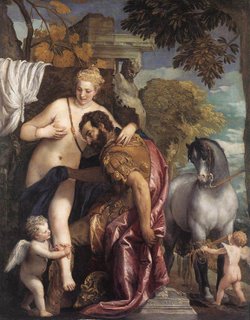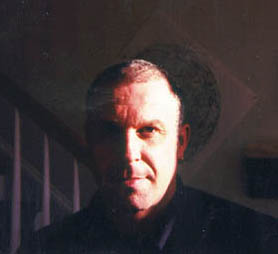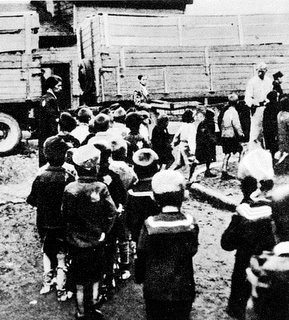
Beauty, Truth and Bibliomania
by
Justice Putnam
"Why do you have four books by Bukowski?" she seemed disturbed as she closed The Most Beautiful Woman In Town."
I'd have more of his opus," I answered, "I'm slowly re-building my library."
"But I don't understand, you like Bukowski?"
"Sure," I responded, a little tentative, not quite understanding her question, "I've always been attracted to his writing style. He is very spare."
"But Bukowski is a misogynist and you have four of his books!" she pointed at my bookcase.
South Of No North, Factotum and Women, plus the one she was returning to the shelf indeed totaled four.
I thought of all the other books I used to have, lost now from bad love affairs and bad finances. I used to have all of Will and Ariel Durant's tomes, even a rare, Mansions Of Philosophy. I had all of Jack London's books and stories. I had all of Cooper's Leather Stocking Tales. I had most of McMurtry's work from the sixties and seventies; All My Friends Are Going To Be Strangers prominent among them. I had Edna St. Vincent Millay's poems and stories. I had H.G. Well's Outline Of History.
I had everything by Virginia Woolfe and Janet Flanner. I had obscure poems and letters by Gertrude Stein. I had most of Phillip K. Dick, Asimov and Arthur C. Clarke. I had most of Clifford D. Simak. I had a first printing of The Treasure Of The Sierra Madre by B. Traven. I had everything by Hemingway. I had everything by Orwell; including Down And Out In Paris And London. I had all the works of De Sade and Thackeray. I had a dozen volumes of Eugene Field. I had Dickens and Marlowe. I had Melville, Chaucer, Defoe, Voltaire, Swift, Virgil, Plutarch and Donne.
I had all the English translations of Mishima. I had Kobe Abe's Woman Of The Dunes. I had volumes of Dryden, Pope, Shakespeare and Spencer. I had Balzac and Fante. I had Baudelaire and Fitzgerald. I had poems by St John Of The Cross and essays by Annie Dillard. I had all of Henry Miller. I had some of John Rechy.
I had volumes of Linda Paston and Marge Piercy. I had some of Sharon Olds and all of Jack Kerouac. I had all of Gary Snyder's work and volumes of Eric Hoffer. I had Kahil Gibran and Rilke. I had Ovid and Nietzsche. I had Berkeley, Hume, Kant and Ghandi. I had Autobiography Of A Yogi by Yogananda. I had the Kama Sutra and the Upanishads. I had The Analects and The Tibetan Book Of The Dead. I had Byron. I had Percy and Mary Shelley. I had Ten Days That Shook The World by Jack Reed and I had volumes of Emma Goldman. I had Invisible Man by Ralph Ellison and volumes of Faulkner. I had God and Man at Yale by William F. Buckley Jr. and I had The Monkey Wrench Gang by Edward Abbey.
"I take Bukowski's work," I began, though I feared she was having none of it, "to be stories and characters that show us how not to be. He is taking a snapshot of life as it is, in all of its dirt and grime; in its violence, bigotry and selfishness. But I don't take his life of the gutter milieu to be a blueprint or affirmation of bad behavior."
"Oh," she said, pulling out a volume of the Alexandria Quartet, "you have Durrell. Now this is beautiful."
© 2004 by Justice Putnam
and Mechanisches-Strophe Verlagswessen
(This piece has appeared in the Berkeley Daily Planet)




